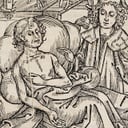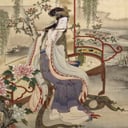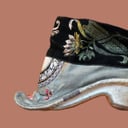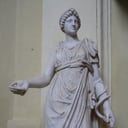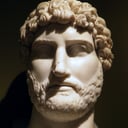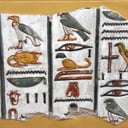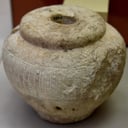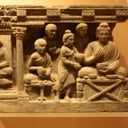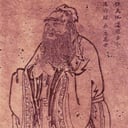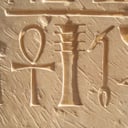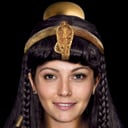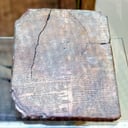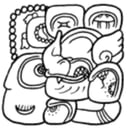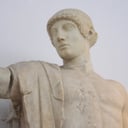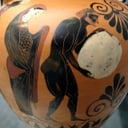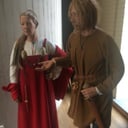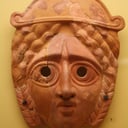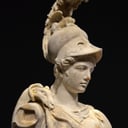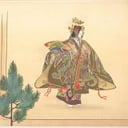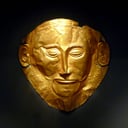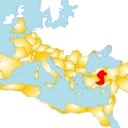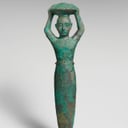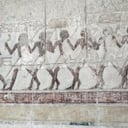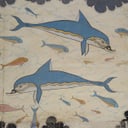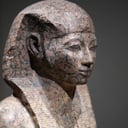
The Causes of the Second World War
In this episode, we explore the complex causes behind the outbreak of World War II. Listeners will learn how the harsh terms of the Treaty of Versailles, economic turmoil during the Great Depression, and the rise of fascist leaders like Adolf Hitler set the stage for global conflict. We break down the policies and political decisions—including appeasement by Britain and France, the failure of the League of Nations, and alliances between Germany, Italy, Japan, and the USSR—that allowed aggression to go unchecked. The episode covers key moments such as Germany’s rearmament, the Nazi-Soviet Pact, and the invasion of Poland that triggered the war. By the end, you’ll understand why WWII became inevitable and how the world’s major powers responded—often too late—to one of history’s most devastating conflicts.Written by Mark Cartwright and narrated by Scarlett Hart.

The Causes of the Second World War
In this episode, we explore the complex causes behind the outbreak of World War II. Listeners will learn how the harsh terms of the Treaty of Versailles, economic turmoil during the Great Depression, and the rise of fascist leaders like Adolf Hitler set the stage for global conflict. We break down the policies and political decisions—including appeasement by Britain and France, the failure of the League of Nations, and alliances between Germany, Italy, Japan, and the USSR—that allowed aggression to go unchecked. The episode covers key moments such as Germany’s rearmament, the Nazi-Soviet Pact, and the invasion of Poland that triggered the war. By the end, you’ll understand why WWII became inevitable and how the world’s major powers responded—often too late—to one of history’s most devastating conflicts.Written by Mark Cartwright and narrated by Scarlett Hart.






